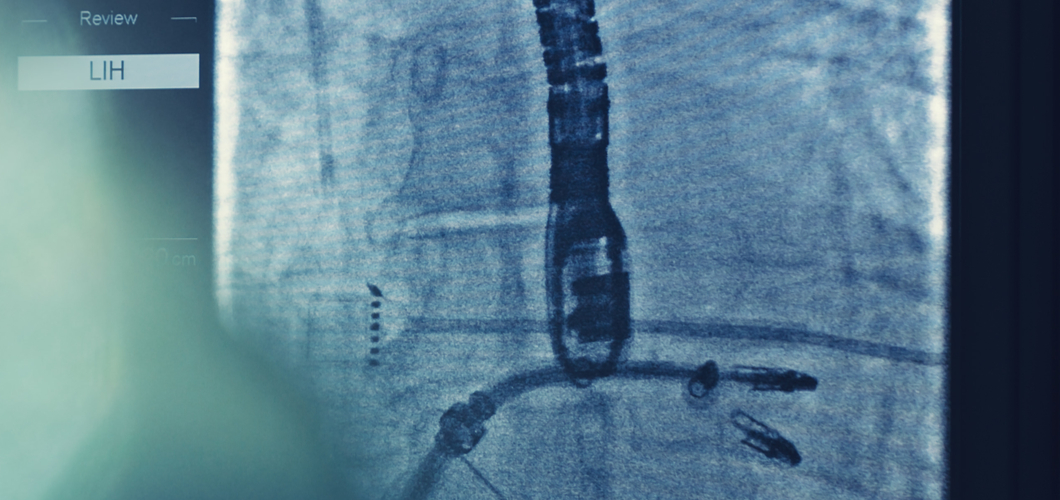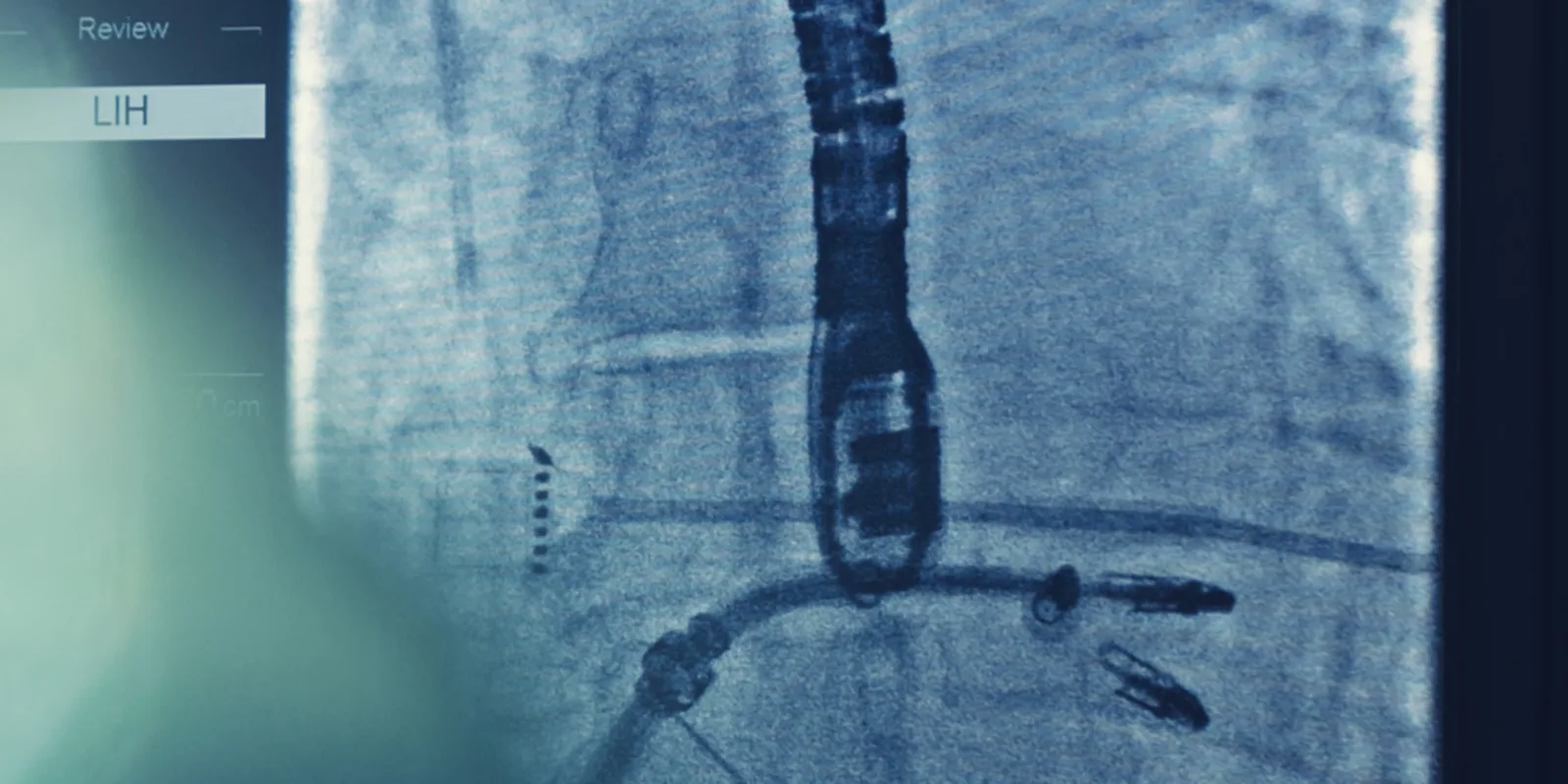 Transcatheter Cardiovascular Therapeutics (TCT) 2019 just concluded in San Francisco and as usual, there was a lot of buzz and excitement around transcatheter mitral and tricuspid valve interventions. Here are my top takeaways on mitral and tricuspid interventions from the conference.
Transcatheter Cardiovascular Therapeutics (TCT) 2019 just concluded in San Francisco and as usual, there was a lot of buzz and excitement around transcatheter mitral and tricuspid valve interventions. Here are my top takeaways on mitral and tricuspid interventions from the conference.
COAPT: Three-Year Results of MitraClip
Dr. Michael Mack presented the three-year results of COAPT as an update to this exciting trial presented last year. The most important findings included the results of the 18.6% patients who crossed over from the guideline-directed medical therapy (GDMT) arm to MitraClip at two years.
- The Kaplan Meier curves continued to separate as expected with the primary endpoint (death/heart failure hospitalizations) in 58.8% patients in the MitraClip arm as compared to 88.1% in the GDMT arm.
- In patients who crossed over to MitraClip after two years on GDMT (NNT 3), the 12-month rates of primary event were 28%, which mimics the 12-month rates seen in patients who had originally randomized to MitraClip.
- The overall mortality in this cohort of functional mitral regurgitation (MR) remains high, underscoring the importance of appropriate patient selection as well as early detection and treatment in this cohort.
COAPT: Two-Year Cost Analysis of MitraClip
In an analysis of the cost-effectiveness of MitraClip over GDMT based on the two-year results of COAPT trial presented last year, Dr. Suzanne Baron showed that MitraClip increases quality adjusted life expectancy (QALY) compared to GDMT at an incremental cost per QALY gained consistent with moderate to high economic value based on current U.S. thresholds.
- The two-year costs were $73,416 with MitraClip as compared to $38,345 with GDMT.
- If the results of the trial were projected over a lifetime due to increased life expectancy in the MitraClip cohort, MitraClip implantation was associated with substantial gains in life expectancy and QALY at an incremental cost of $45,000 per patient.
Procedural Learning Curve for Mitraclip
Analysis of 14,923 MitraClip procedures was done by 562 operators at 290 sites between November 2013 and March 2018.
- Greater volume and increasing operator experience is associated with shorter procedures, improved procedural success, and fewer in-hospital complications.
- The improvements in outcomes seemed to flatten out after 50 procedures but there were still slight improvements with increasing experience to about 200 MitraClips.
CLASP: One-Year Results of PASCAL Device for MR
Dr. Saibal Kar presented the one-year follow-up for patients in the CLASP trial which was a single-arm, multicenter, prospective study of the PASCAL transcatheter mitral valve repair (TMVR) system in patients with severe symptomatic MR who were deemed a candidate for TMVR based on a heart team discussion.
- The follow-up was available in 30 of 62 patients (66.7% functional, 26.7% degenerative and 6.7% mixed)
- The follow-up showed 93% successful implant (mean 1.4 devices, mean procedure time 131 minutes), 93% discharge to home, average length of stay 3.0 days)
TRILUMINATE: Late-Breaking Data for Investigational TriClip
The six-month results of the TRILUMINATE trial, which evaluated the safety, efficacy, and durability of the TriClipTM were also presented at TCT 2019.
- There were 85 patients with symptomatic moderate or greater tricuspid regurgitation (TR) and no other significant left-sided valvular lesion or pulmonary hypertension underwent device placement.
- Acute procedural success was noted in 91.6% and major adverse events were noted in 3.7% of patients.
- Most clips were implanted between the anterior and septal leaflets (77%) and septal-posterior leaflet (20%).
- Durable repair with at least one grade reduction in TR was noted in 87% of patients, with significant improvements in NYHA class, KCCQ scores, and a six-minute walk test.
Early Feasibility Study of Cardioband Device for TR
The 30-day results of the early feasibility study of Cardioband Tricuspid device for functional TR were reported for 22 patients.
- The device was overall efficacious with 95% technical success.
- The device sustained significant reductions in tricuspid annular dimensions, TR severity, as well as improvement in NYHA class and quality of life per KCCQ scores at 30 days.
- Severe bleeding was noted in seven of 22 patients (31.8%).
- The trial is currently continuing to enroll.
Additionally, there were some initial updates on currently enrolling trials and studies on transcatheter mitral valve and tricuspid valve replacement systems. These will lead to a lot of excitement in this field in the future TCTs.
Image: MAD.vertise / Shutterstock







